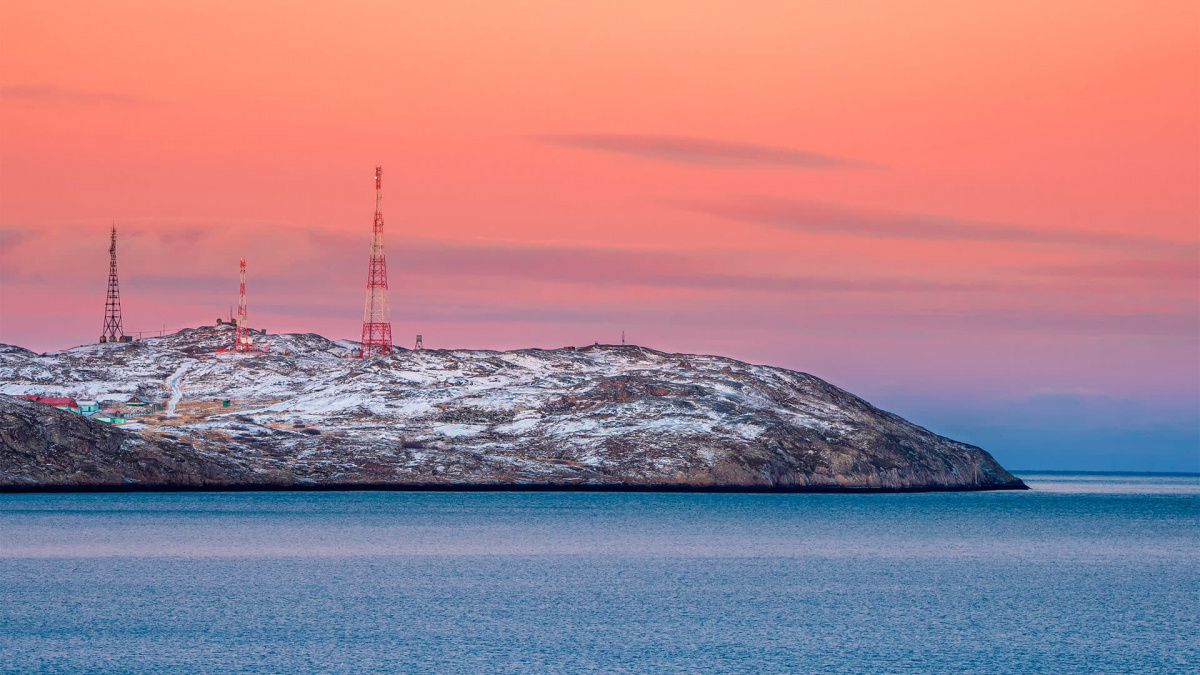SOLUTIONS
Public-private partnership for the digitalization of the Arctic
“The challenge of providing reliable communication for the inhabitants of the Arctic is not an easy one. There are huge distances. This is why we need to use public-private partnerships and the principles of corporate responsibility. I’ll give you an example with Norilsk Nickel, when it laid a fibre optic cable from Novy Urengoy to Norilsk in 2017 at its own expense. In 2019, Yamal-LNG built a 420-km communication line, providing reliable 4G LTE communications to residents of the village of Sabetta and the village of Seyakha on Yamal. The Polar Express project to lay the underwater fibre-optic communication line has the same structure. All these projects form a backbone and the digital infrastructure on which the smart machines of the future will operate,” Korchunov said.
“When we talk about the development of the Arctic, of course, the government’s attention is crucial. As a commercial company, we focus on two main aspects of development. The first is logistics from the standpoint of the global logistics of our country’s development. The second focus is business. We are moving into small towns with the latest projects that we are working on, in addition to the state project to eliminate the digital divide. At the same time, a deposit will be developed near Naryan-Mar in the near future. We are also focusing on business development. There is the territory of the Republic of Sakha (Yakutia), a huge territory, and the northern part, where the development of the telecom infrastructure is primarily aimed at residents and future deposits. So we need to approach development differently,” Loginov said.
Introduction of unmanned communication systems and cloud technologies
“In the future, of course, we will have to create an unmanned aircraft operator, which will incorporate proven standardized technologies and will be accompanied, among other things, by regulatory documents [...] In March of this year, an experimental legal regime was put into place as part of a government project for unmanned air cargo delivery. The purpose of this experimental legal regime is to simplify some of the regulations, test technologies, and look at how unmanned aircraft should be regulated,” Sergushev said.
“We had a task force working within the Arctic Council in 2017, which recommended developing competition between economic operators and establishing interaction between the International Civil Aviation [Organization] and the International Maritime Organization, since there are a lot of grey areas that are not covered by telecommunications tools in the Arctic region. The recommendation was given to study the capabilities of locating data processing centres in the Arctic region, which, due to low cooling costs, could be very promising,” Korchunov said.
“Yakutia will become a hub to support communications in the Far East as a whole. We are building a data centre. We have built a modular data centre and are deploying cloud technologies in education and medicine there,” Semenov said,
For more, see the Roscongress Foundation’s Information and Analytical System www.roscongress.org
